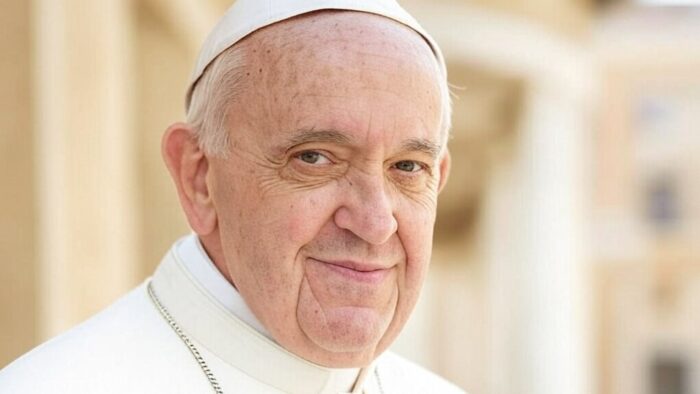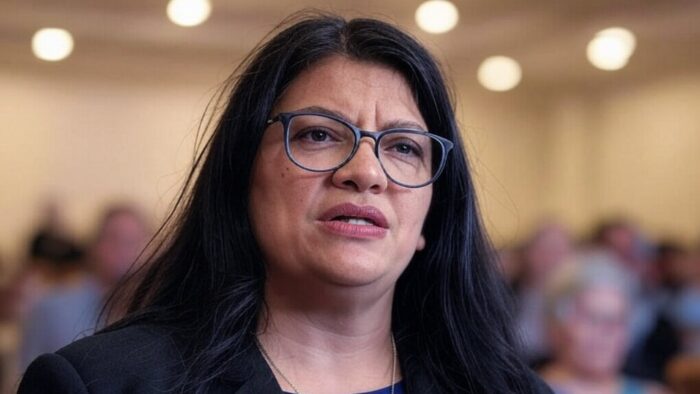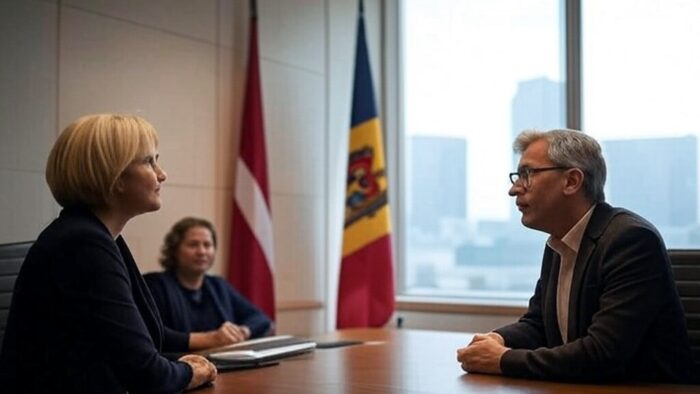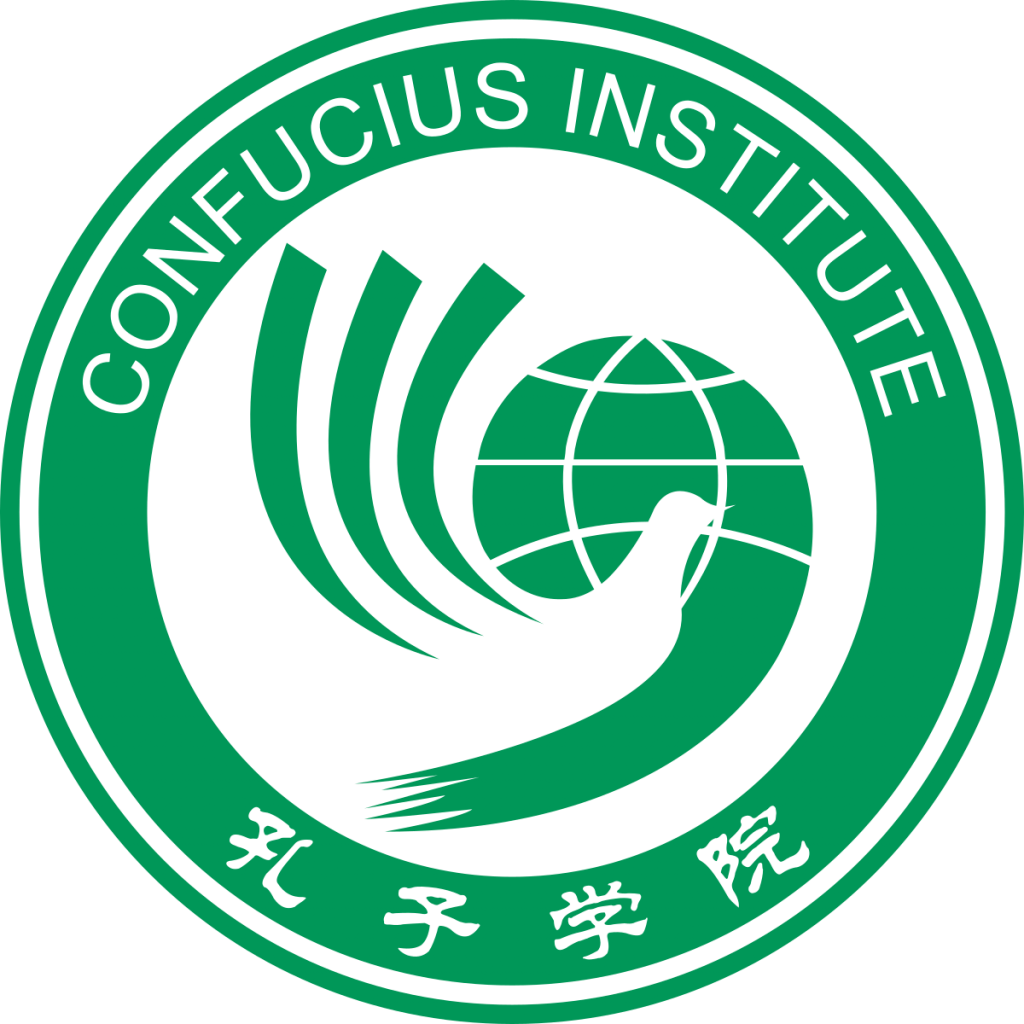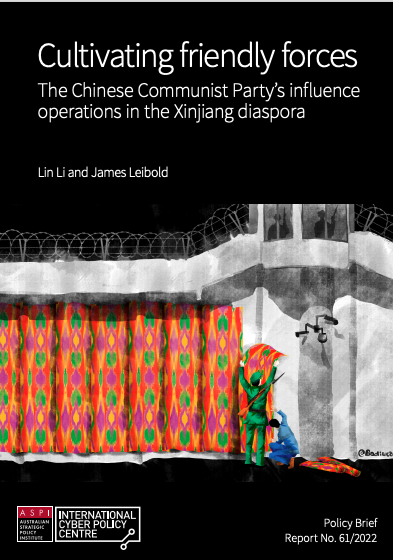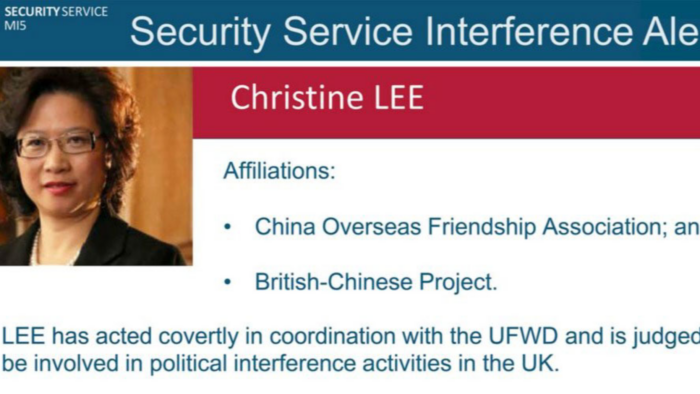On 2 April 2025, Reuters reported that China has appointed a new head to its influential United Front Work Department in an unusual leadership swap at the Politburo level. The article begins:
BEIJING, April 2 (Reuters) — Two members of China’s Politburo, the Communist Party’s elite decision-making body, have swapped jobs, state media reported on Wednesday, without giving a reason for a reshuffle that analysts called unprecedented at this level of the Chinese hierarchy. Shi Taifeng was named head of the party’s Organisation Department, responsible for all internal personnel decisions, while Li Ganjie was named chief of the United Front Work Department, which projects party influence over religious and ethnic minorities, as well as Hong Kong and Taiwan. State media offered no explanation. Top party officials and ministers are occasionally appointed to new positions to prevent them from building up local factions or power bases, analysts say. However, the job swap among Politburo members was unprecedented in the history of China’s Communist Party, said Alfred Wu, associate professor at National University of Singapore…
Key Points:
- Li Ganjie takes over the United Front Work Department, which manages China’s influence operations regarding ethnic minorities, religious groups, and Taiwan.
- Former department head Shi Taifeng had extensive experience in minority regions, serving as party official in Ningxia and Inner Mongolia.
- The United Front Work Department plays a critical role in projecting Chinese Communist Party influence domestically and abroad.
- The unprecedented leadership swap occurs amid what analysts describe as unusual personnel turnover in Chinese politics over the past two years.
The United Front Work Department (UFWD) is a key influence and intelligence arm of the Chinese Communist Party (CCP), tasked with co-opting and mobilizing non-party elites domestically and abroad to advance Beijing’s political agenda. Established in 1942 and revitalized under Deng Xiaoping in 1979, the UFWD operates under the CCP Central Committee, reporting directly to top leadership. Its mandate spans ethnic minorities, religious groups, overseas Chinese communities, and foreign entities, aiming to suppress dissent and promote pro-CCP narratives. Under Xi Jinping, the UFWD expanded significantly, absorbing the State Administration for Religious Affairs (2018) and the Overseas Chinese Affairs Office, consolidating control over diaspora networks and foreign influence operations. It oversees organizations like the China Council for the Promotion of Peaceful Reunification (CCPPR), which targets Taiwan, Hong Kong, and critics abroad. The UFWD has been accused of conducting covert intelligence activities, including pressuring overseas Chinese communities and infiltrating academic institutions via Confucius Institutes and student associations. With an estimated $2.6 billion budget (2019), it operates globally, leveraging economic incentives and coercion to align external actors with CCP objectives.
Disclaimer: The GIOR utilizes AI to generate summaries of news items, including the introduction and the key points that follow. Any text following the key points is context added by GIOR editors. Please verify all information before using. Images are also AI-generated and are for illustrative purposes only—they are meant to represent the events or individuals concerned but should not be understood as “real-world” photography.
